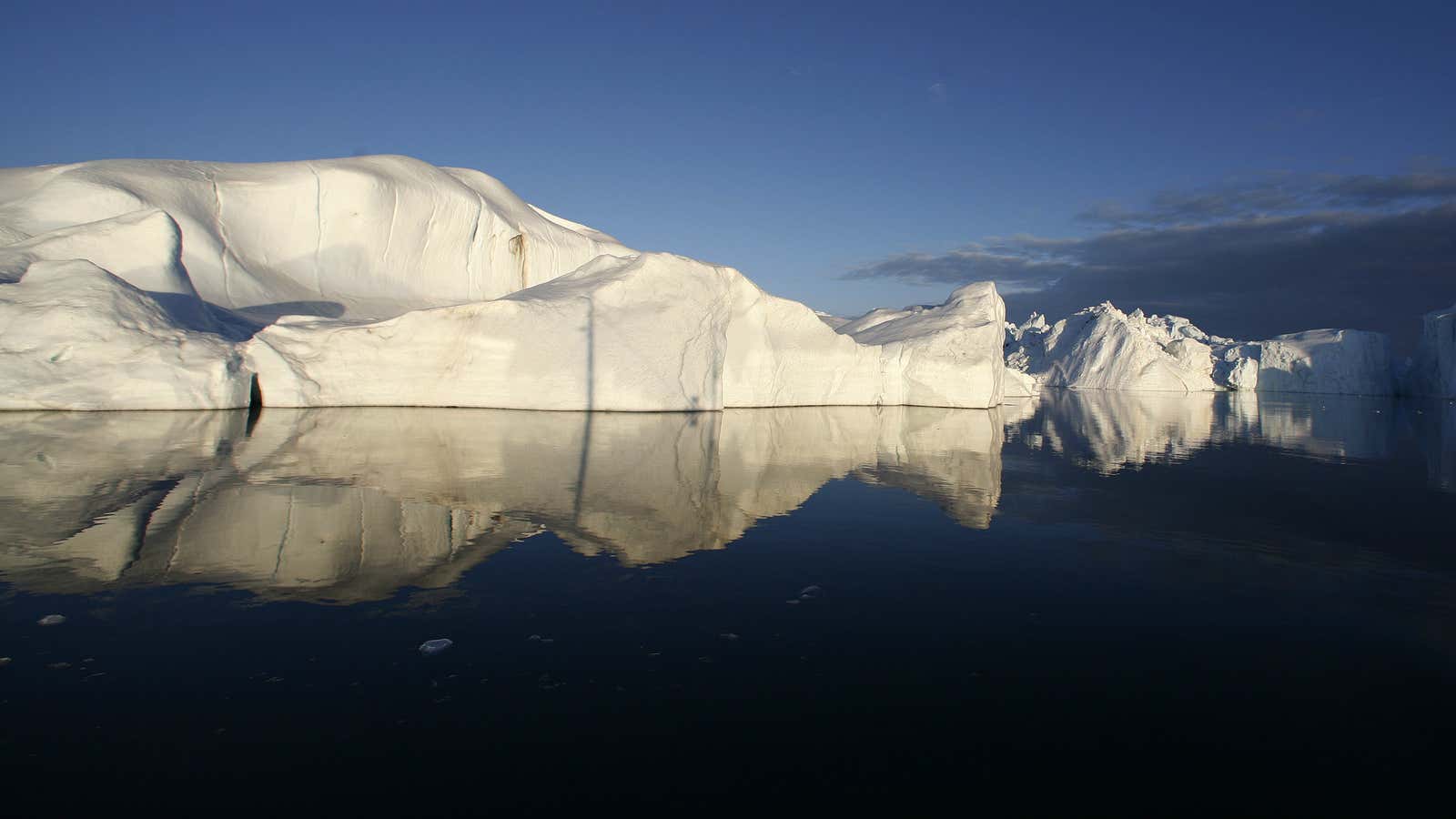Until relatively recently, oil industry officials were among the biggest detractors of climate science, suggesting that some research seemed frivolous. But in the late 1970s and early 1980s, the industry—worried that oil could be held responsible for rising temperatures in the future—conducted one of the world’s most ambitious early studies of climate change.
InsideClimate News, an investigative news organization, released a new report on Dec. 22 detailing the oil industry’s research. The study was funded by a climate change task force that included the world’s biggest oil companies—the so-called Seven Sisters, in addition to their lobbying arm in Washington, the American Petroleum Institute (API). These are the corporate predecessors of BP, Chevron and ExxonMobil, in addition to Shell.
The task force began work in 1979, a time when only a few academics were deeply familiar with climate science, and worked through 1983. Leading science groups were publishing competing reports at the same time, forecasting sharply different outcomes from the burning of fossil fuels. The task force was an attempt to get out in front of the science, and decide whether it needed to “help develop ground rules for energy release of fuels and the cleanup of fuels as they relate to CO2 creation,” according to a document unearthed by InsideClimate News reporters.
Members of the task force conducted independent research themselves as well. In a previous story, InsideClimate News documented the publishing by ExxonMobil of numerous pioneering scientific papers on climate change, beginning in the late 1970s and continuing through the 1980s.
In the 1990s, however, API and ExxonMobil reversed course and decided to go on the offensive to undermine some leading climate scientists. This change in tactics included the funding of think tanks and writers who worked to sow doubts about climate science.
In a 1998 draft memo that it circulated among its members, API said of the Kyoto Protocol on climate change, “Unless ‘climate change’ becomes a non-issue, meaning that the Kyoto proposal is defeated and there are no further initiatives to thwart the threat of climate change, there may be no moment when we can declare victory for our efforts.”
An oil industry campaign helped to block implementation of Kyoto in the US, and in 2010 to defeat Obama administration climate legislation.
API did not respond to an email seeking comment. Chevron also declined to comment. Alan Jeffers, an ExxonMobil spokesman, said in a statement to Quartz: “Allegations by media and environmental activists about ExxonMobil’s climate research are inaccurate and deliberately misleading. We have supported development of climate science publicly and openly in partnership with governments and academic institutions for nearly 40 years.”
